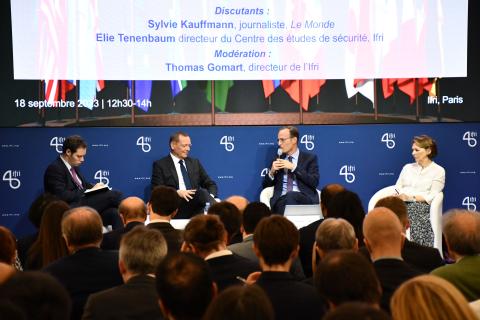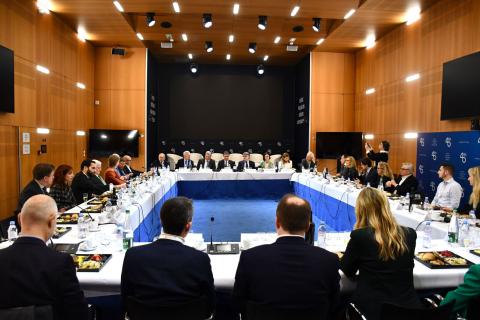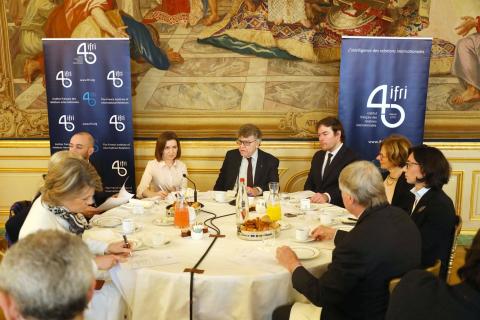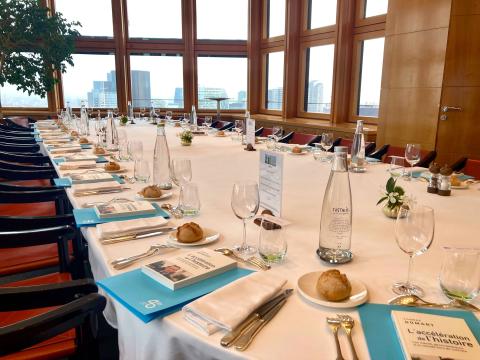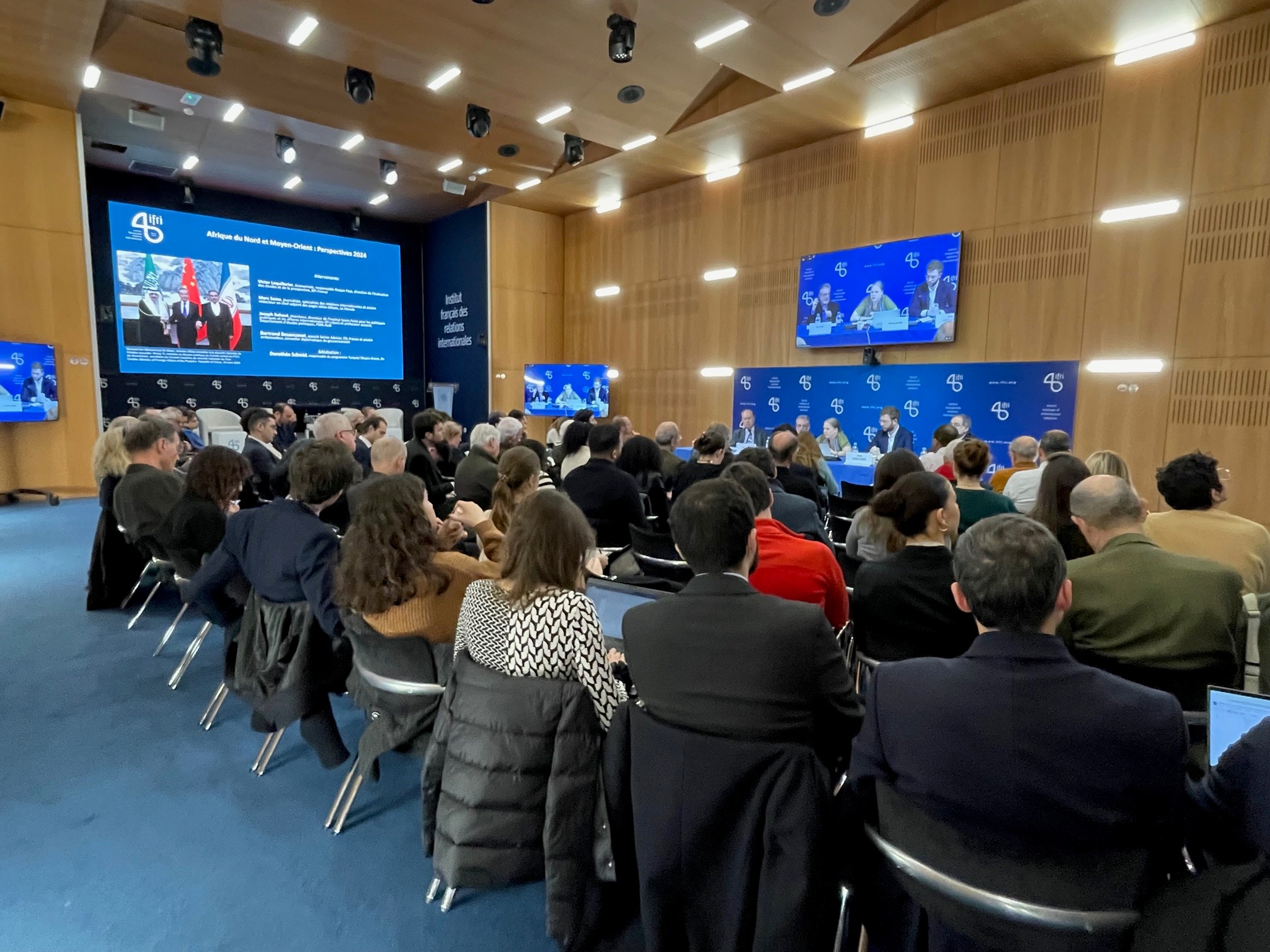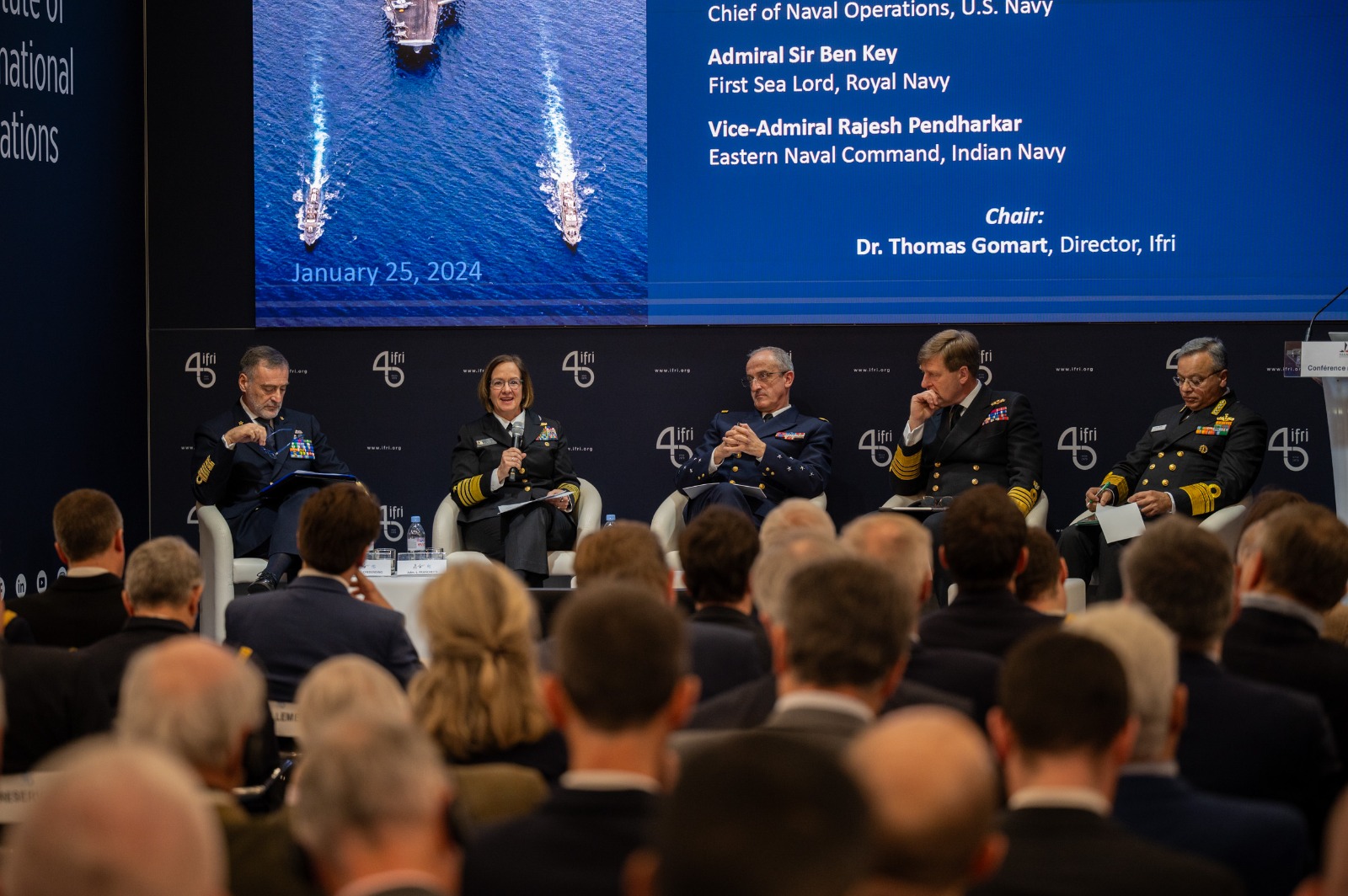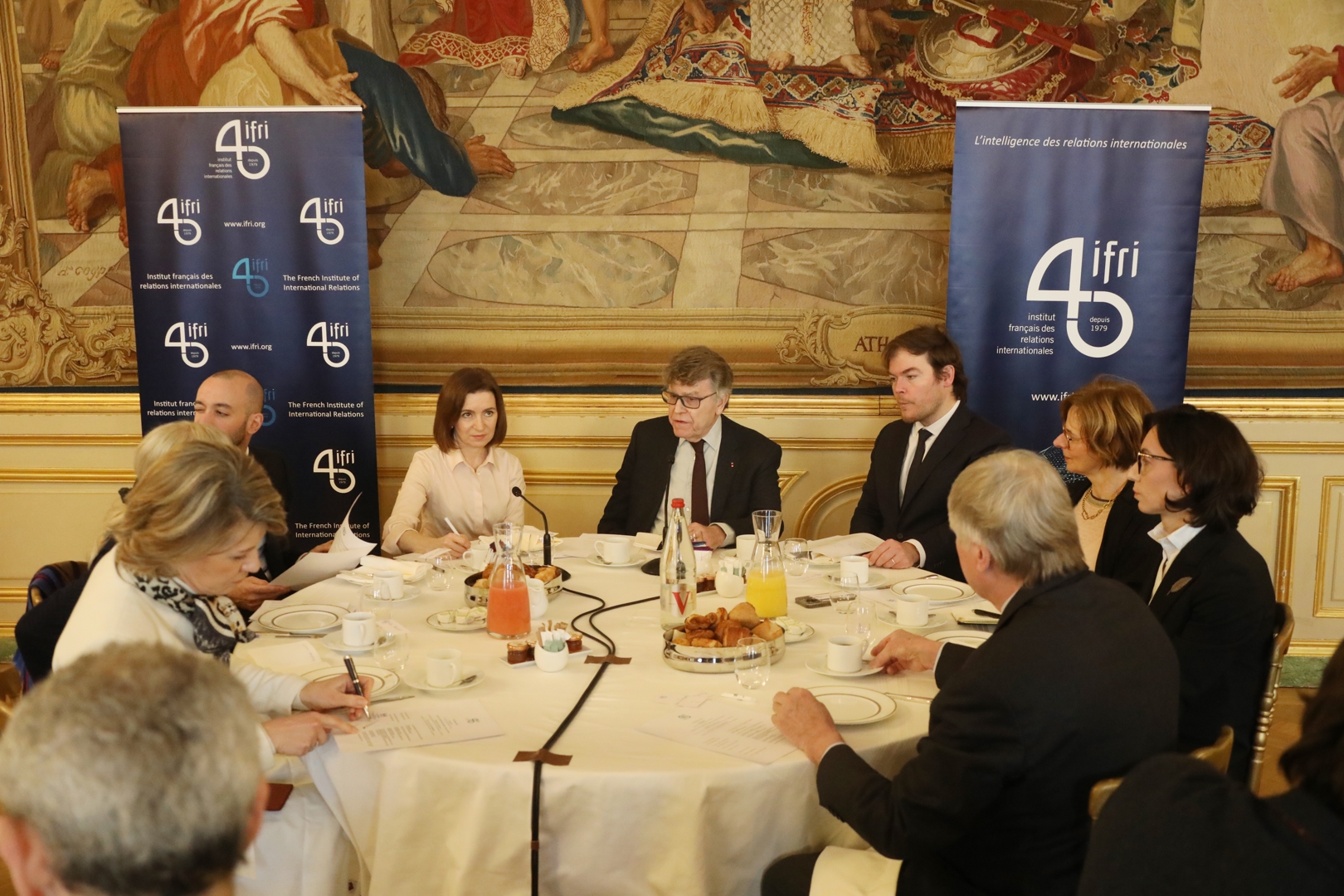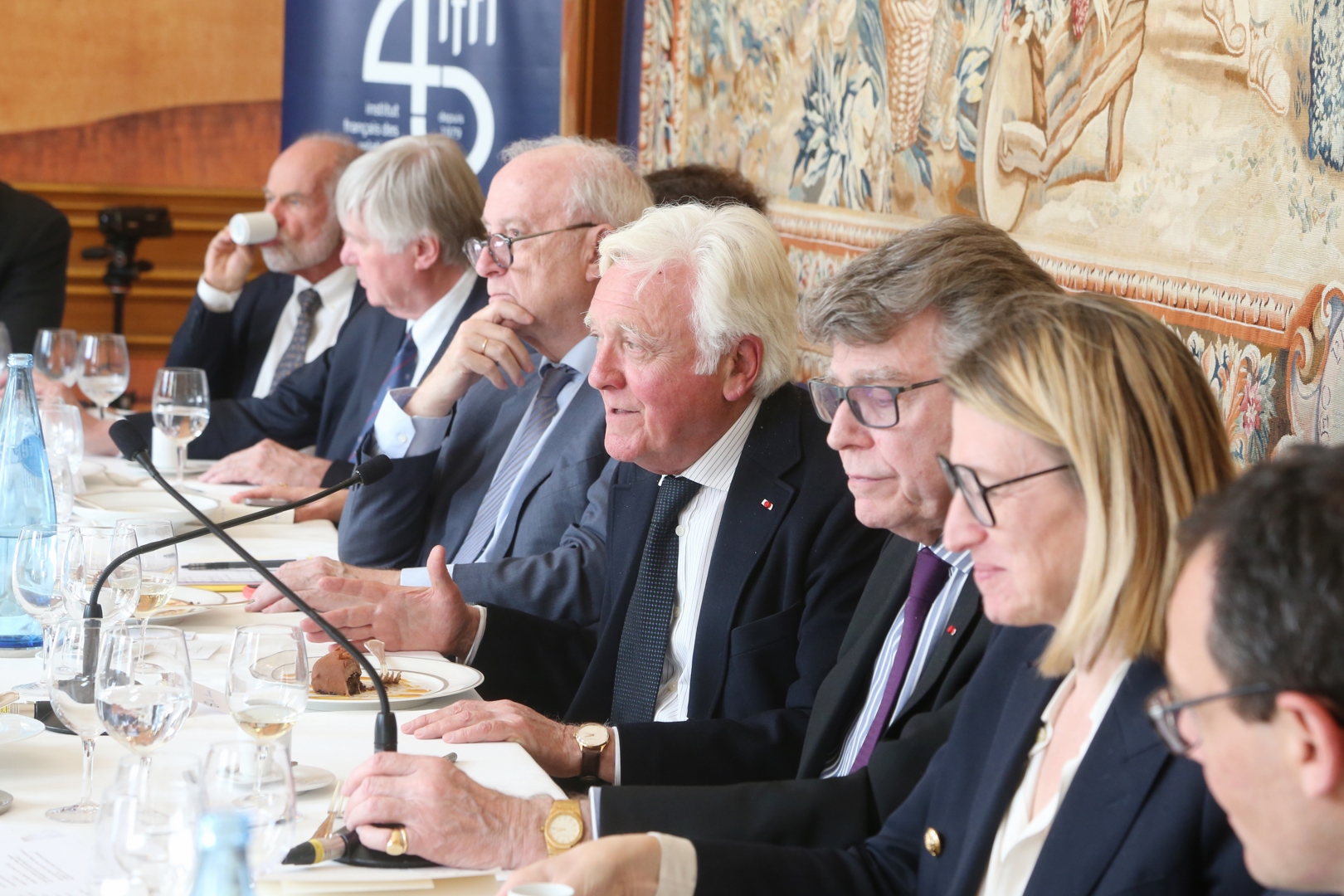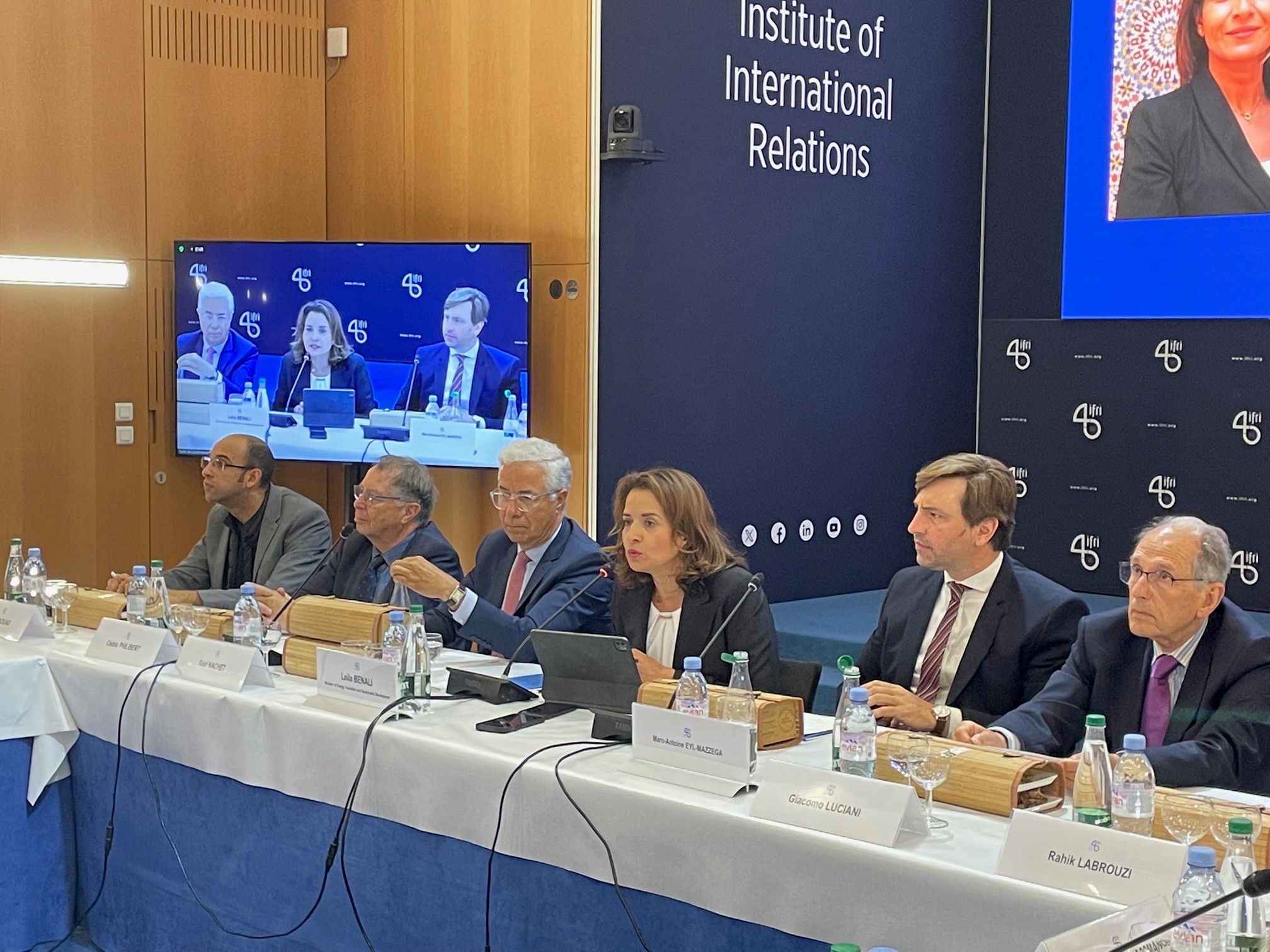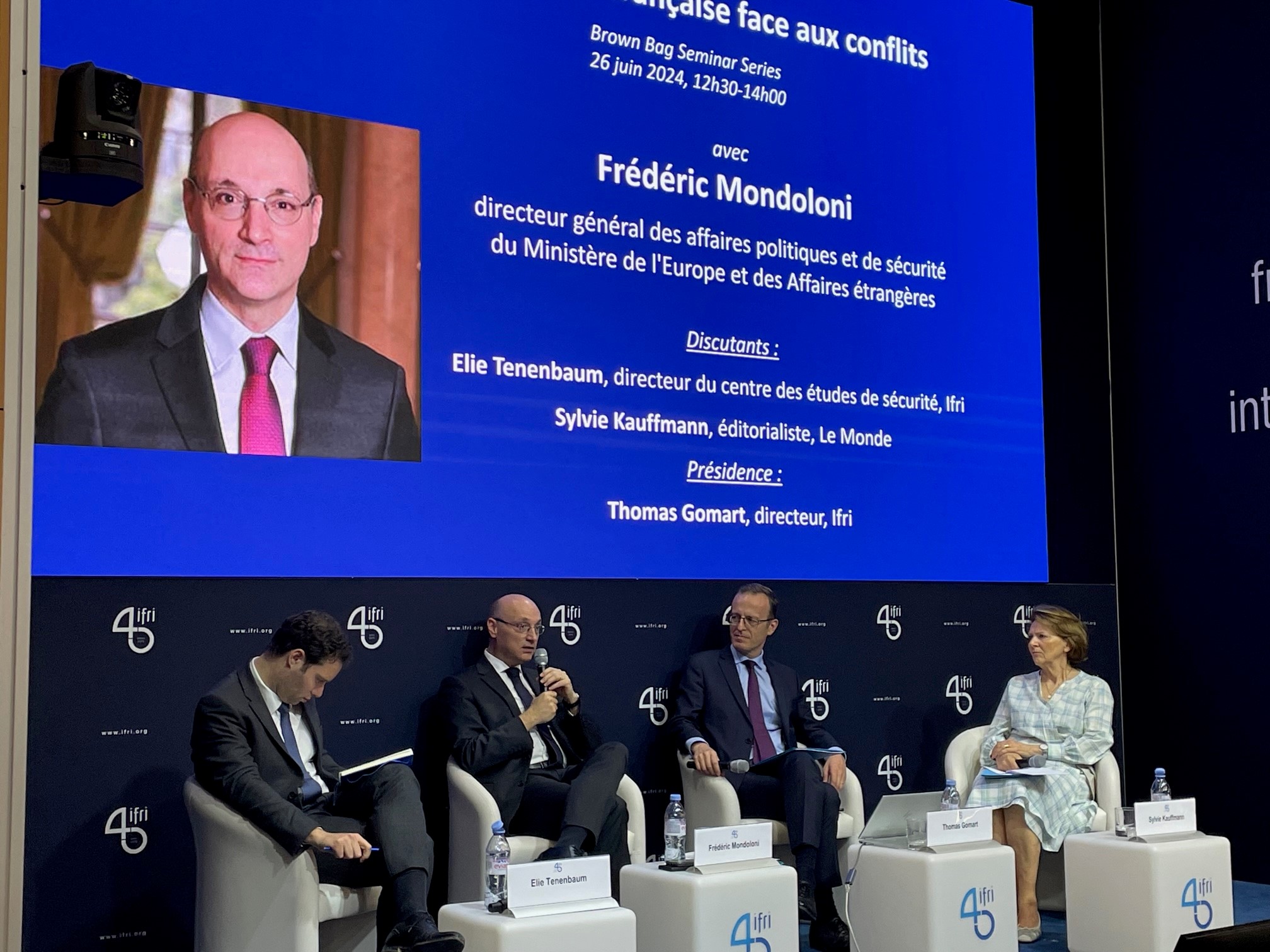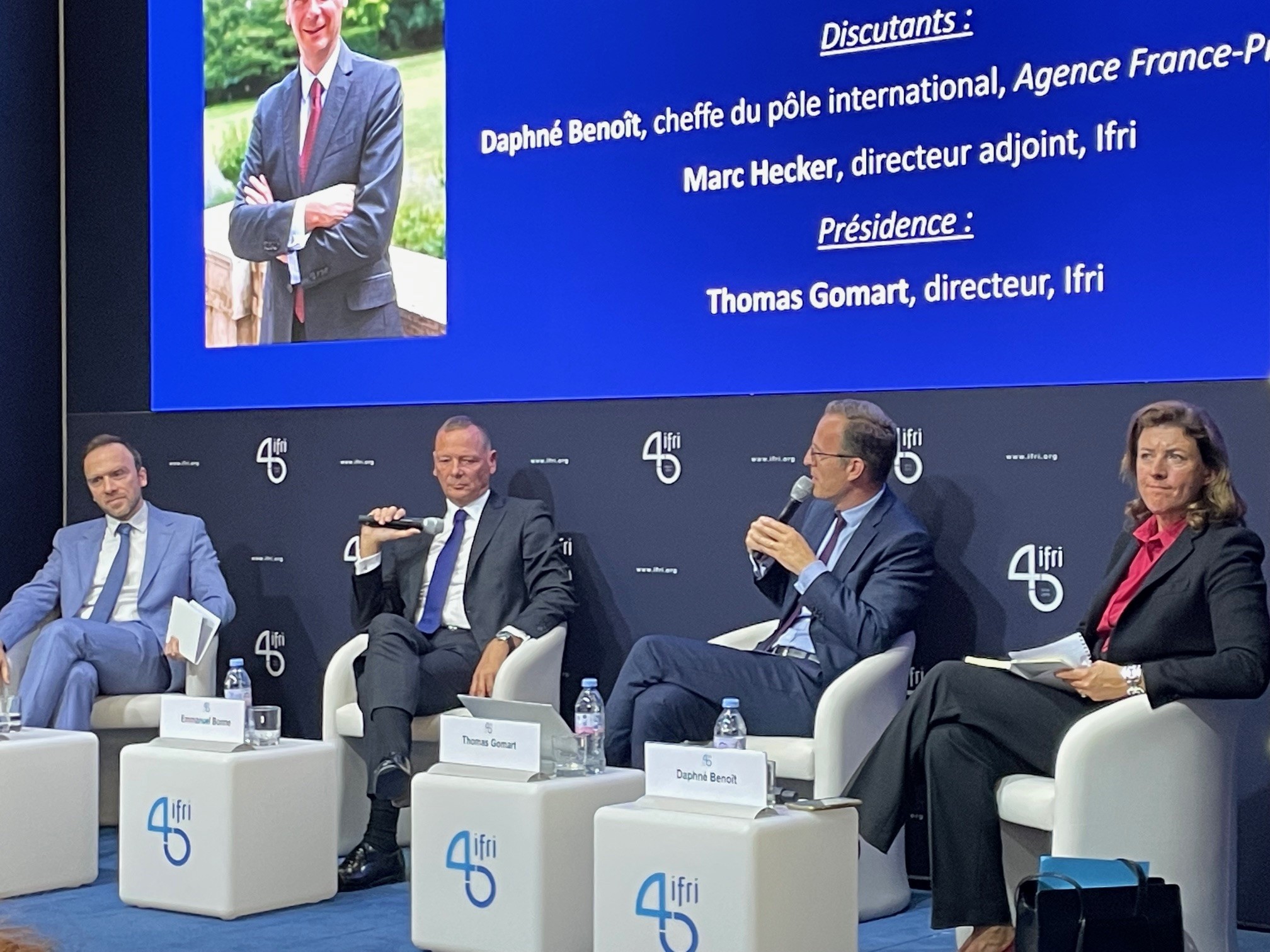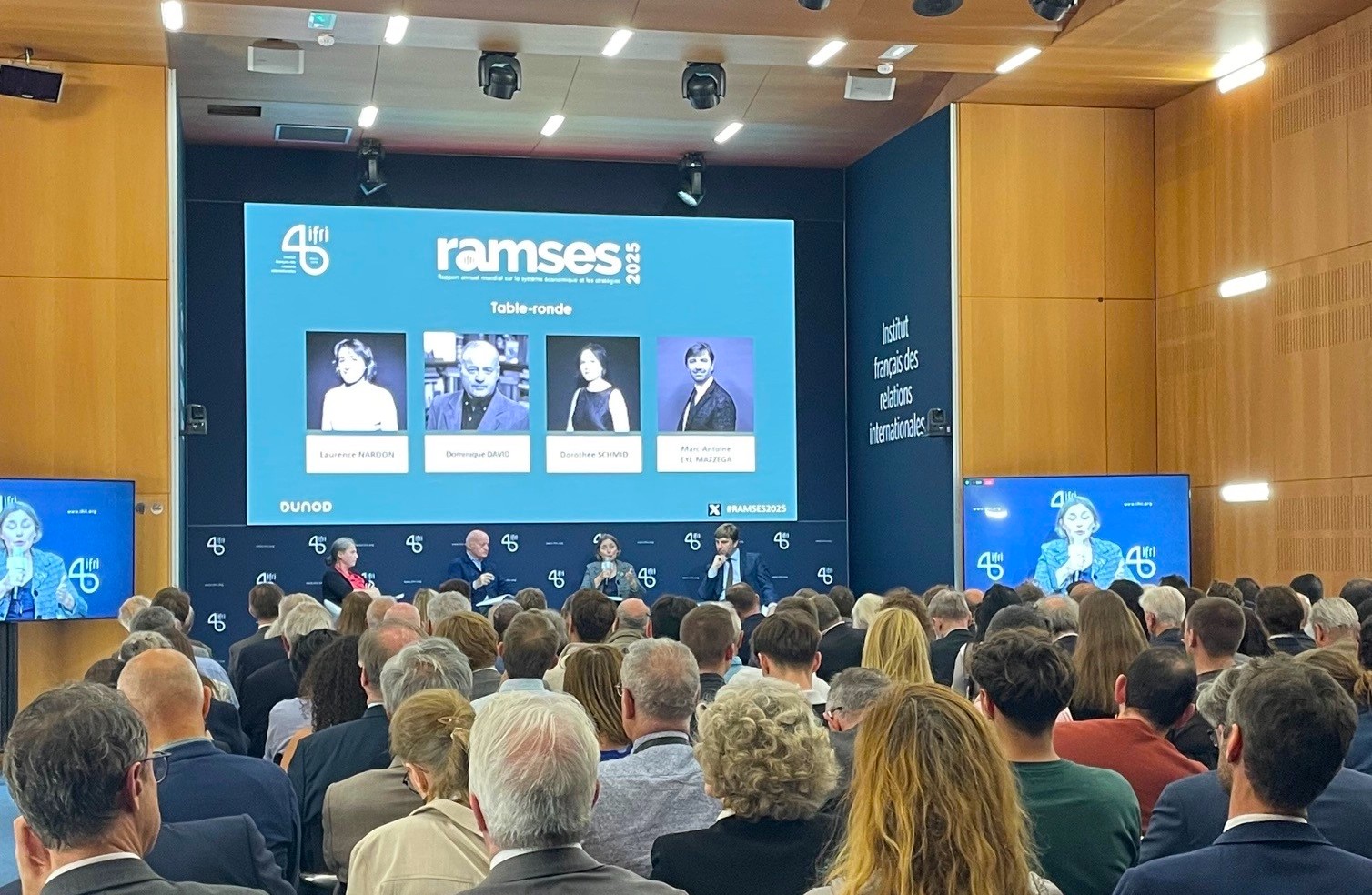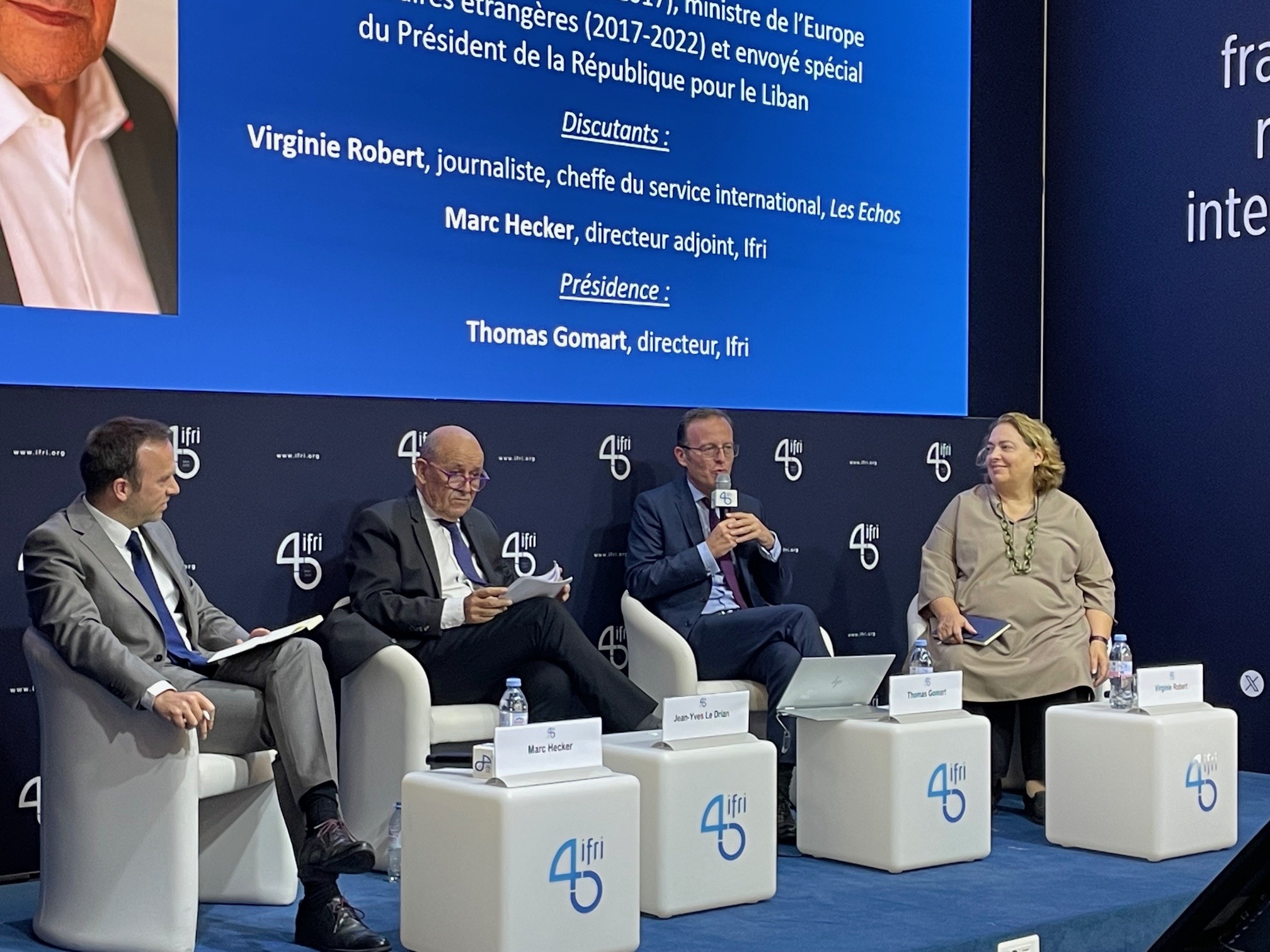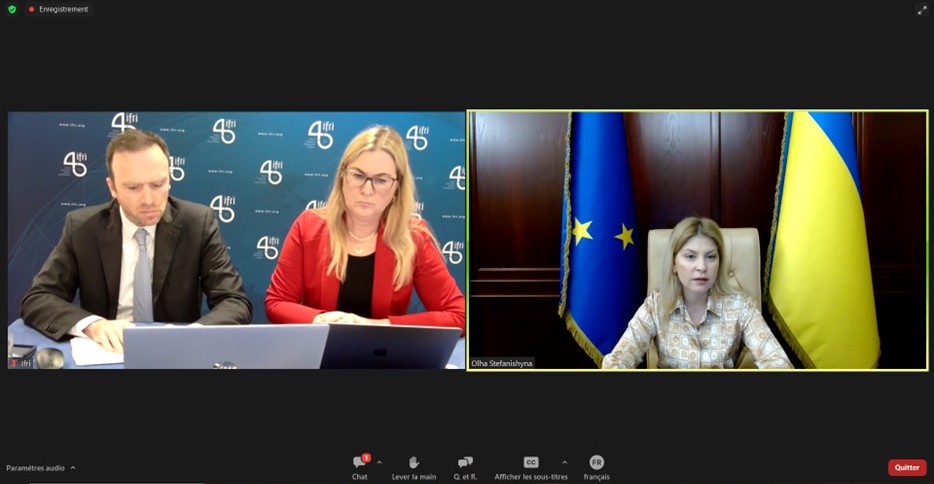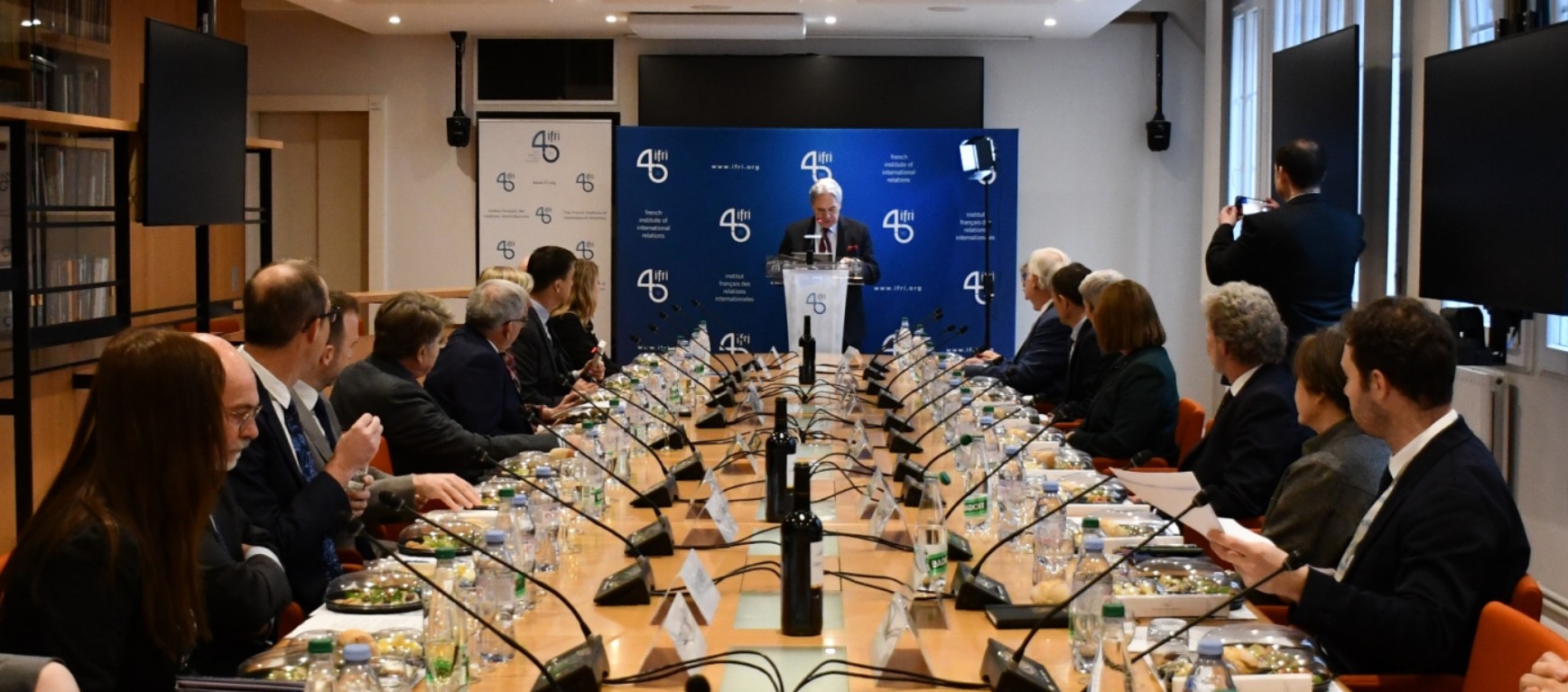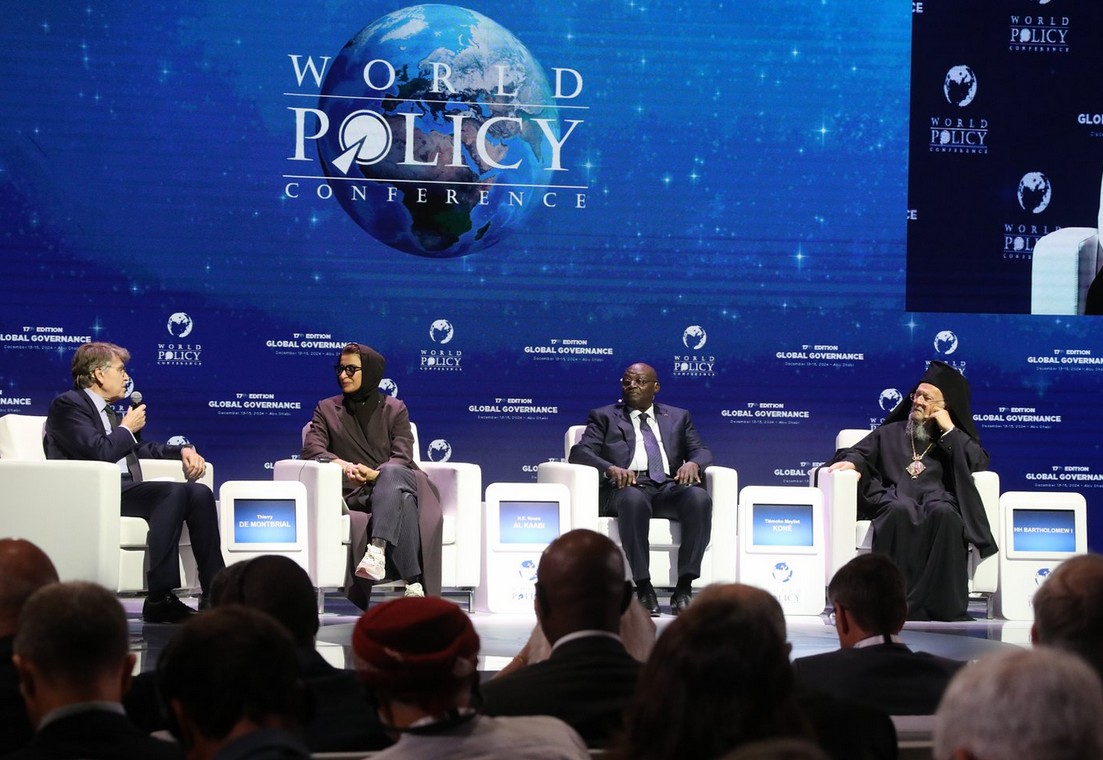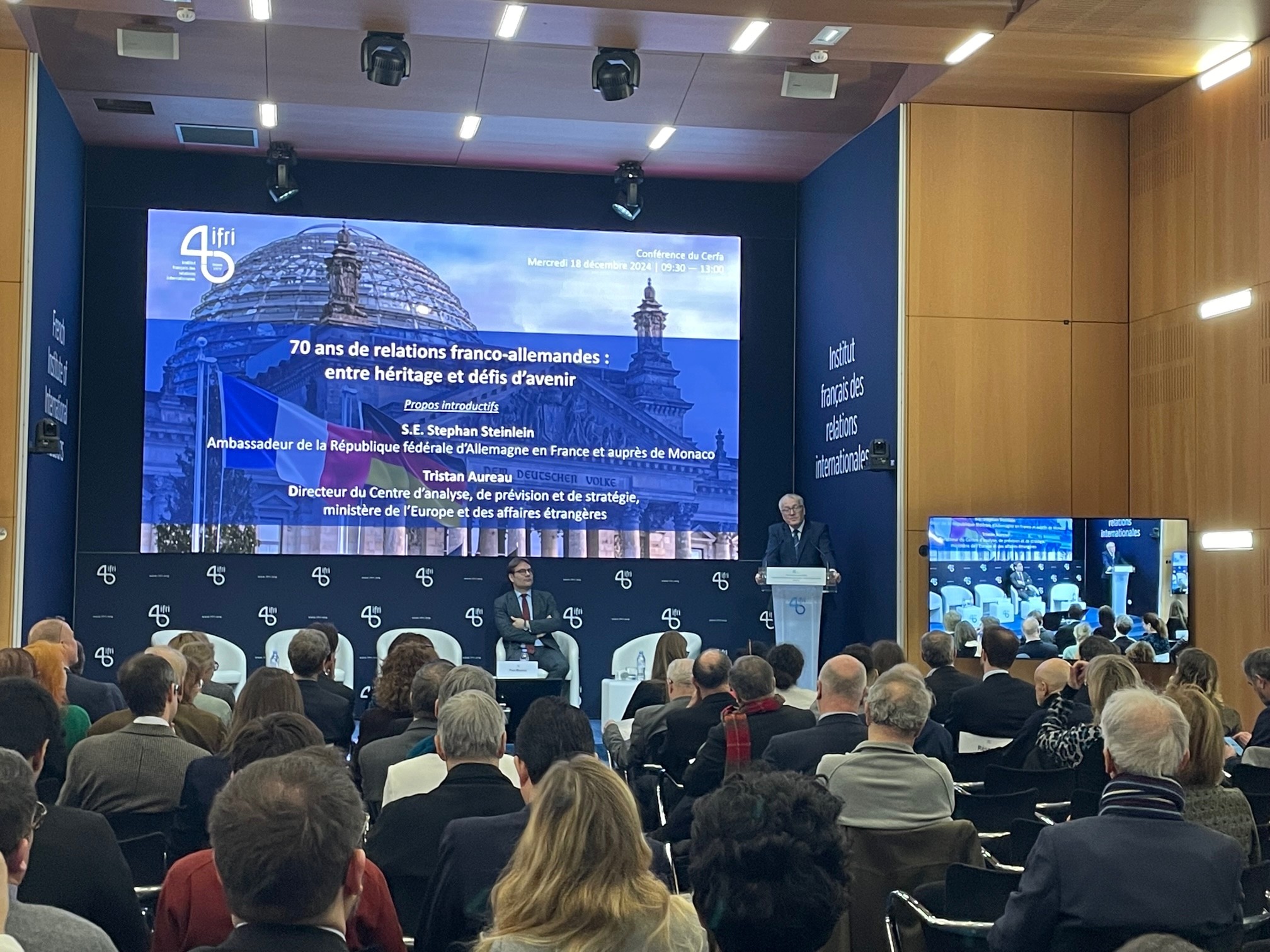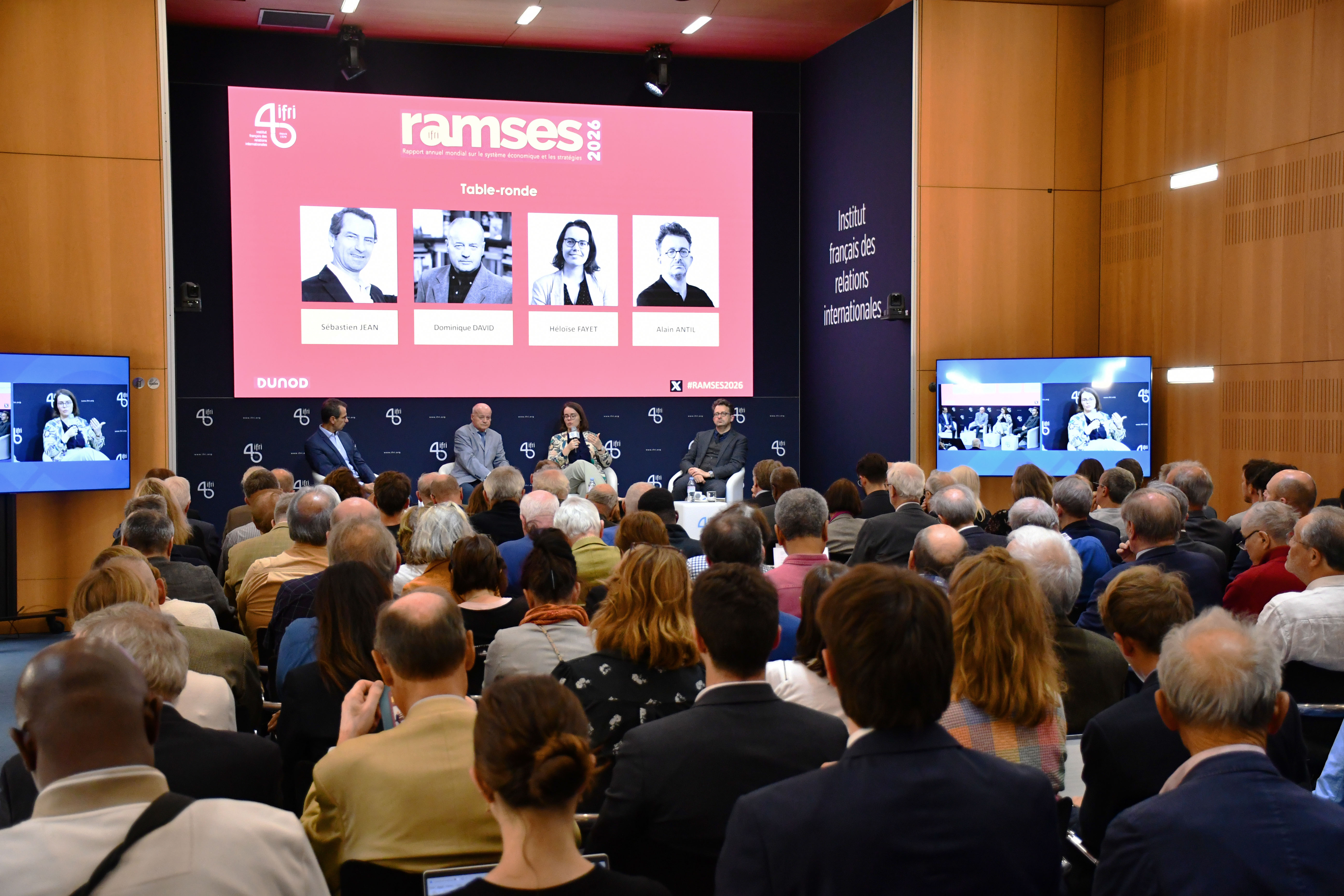
Titre
Events
Filter results
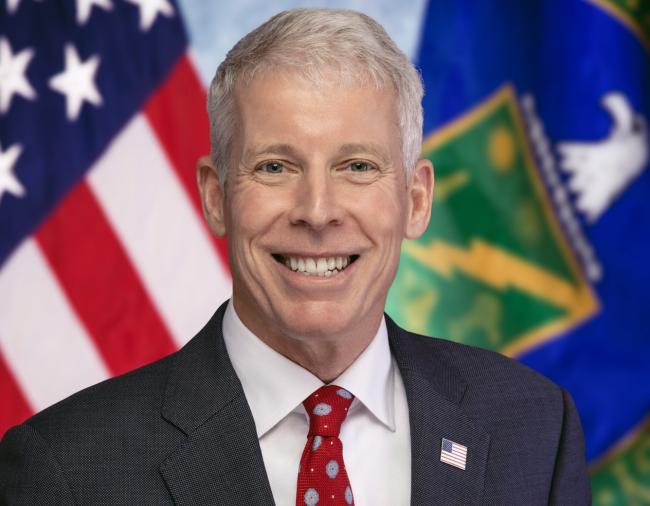
Conference with Chris Wright, Secretary, U.S. Department of Energy
EU-US Energy Relations in Times of Global Reshuffling
The United States aims for global energy dominance and leading in the global IA race, using all available and competitive energy resources, notably natural gas and nuclear.

EV Supply Chains for Japan and Europe: Strengthening Economic Security
Economic security aims to ensure the resilience of supply chains for key industries: the case of electric vehicle production in Japan and Europe will be discussed.
Filter results
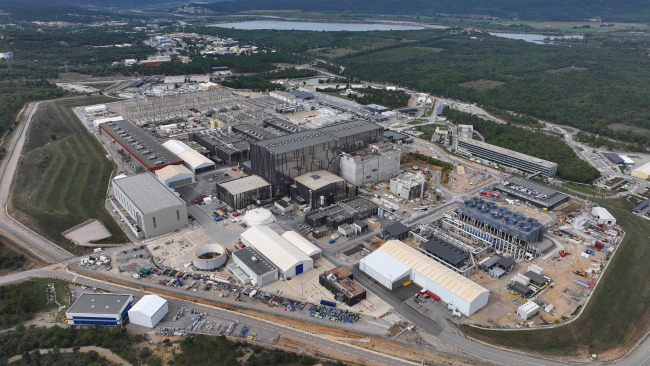
Is Fusion Coming Faster and Cheaper than Expected?
ITER was for long time the embodiment of fusion as an international, long standing R&D cooperation objective to seek a new way to produce safe, low carbon and abundant low carbon electricity. Yet over past years, fusion start ups, several governments and investors have decided to push fusion R&D and deployment to complement ITER. Major efforts are ongoing notably in the United States, China, Germany, Italy.
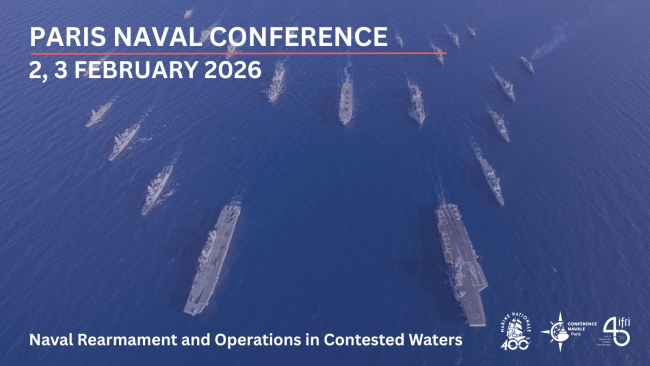
Paris Naval Conference 2026: Naval Rearmament and Operations in Contested Waters
This fourth edition of the Paris Naval Conference (CNP), bringing together high-level military, industrial, and academic speakers, will address the challenges associated with general naval rearmament and naval operations in increasingly contested environments.
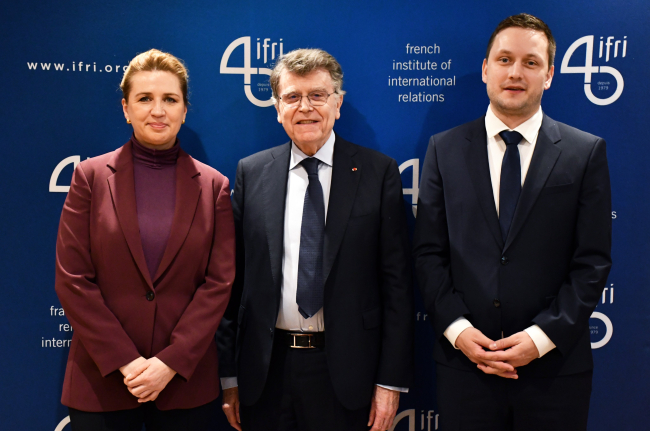
Meeting with Mette Frederiksen, Prime Minister of Denmark, and Jens Frederik Nielsen, Prime Minister of Greenland
On January 28, 2026, Ifri hosted a debate with the Prime Minister of Denmark, Mette Frederiksen, and the Prime Minister of Greenland, Jens Frederik Nielsen. The debate was chaired by Thierry de Montbrial, Executive President of Ifri and a member of the Academy of Moral and Political Sciences.
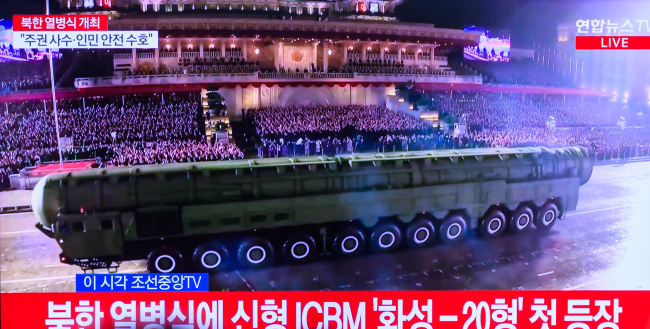
The New Nuclear Instabilities on the Korean Peninsula
From the growing size and diversification of the North Korean nuclear arsenal, and an open rhetoric in favor of nuclear proliferation in the South because of the loss of credibility of U.S. extended deterrence, the Peninsula is facing raising nuclear tensions.
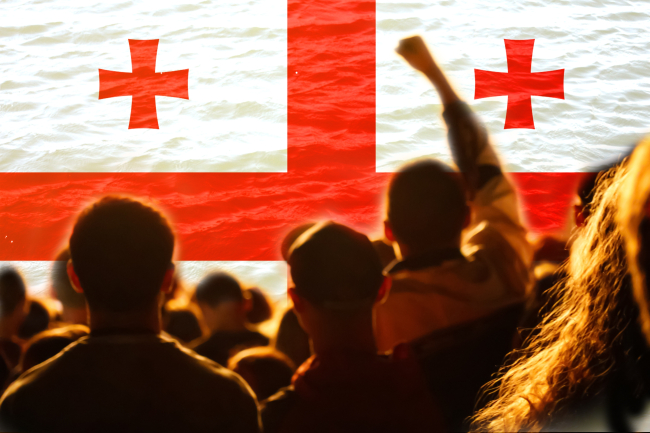
Georgia's Authoritarian Turn and Its Foreign Policy Implications
The Georgian state is currently undergoing a critical phase of democratic decline, marked by the domination of the Georgian Dream party and an authoritarian drift that is disrupting its political institutions.
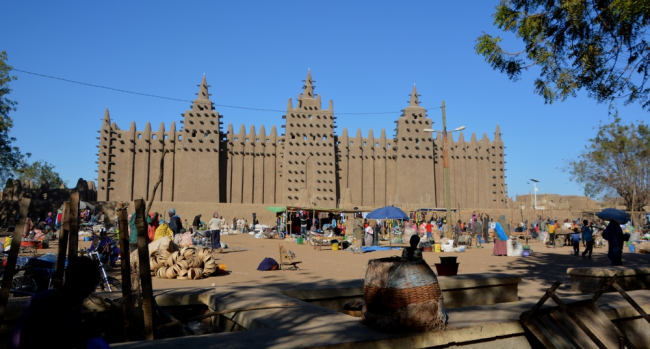
German and French Africa Policies in a Multipolar World
The world order is undergoing a profound and accelerating reconfiguration. In this multipolar context, actors such as China, Turkey, Russia, India, and Gulf region countries like the United Arab Emirates or Saudi Arabia, are increasingly asserting themselves as essential strategic partners for the continent. Simultaneously, European states are also seeking to redefine their roles on the continent.
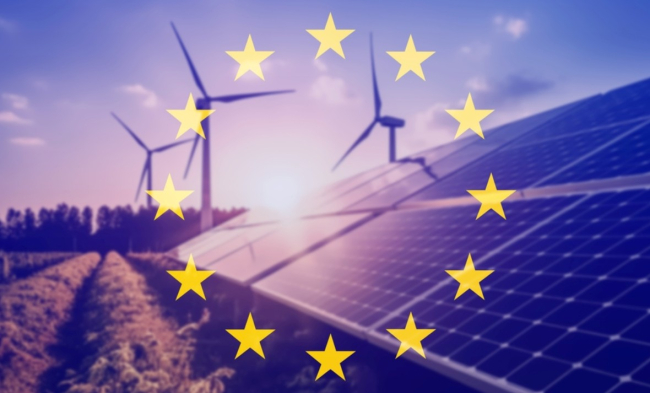
European Strategic Autonomy or New Dependence? Russian Gas, Transatlantic Pressures, and the Green Deal
European energy policy sits at the fault line of geopolitical conflict, climate obligations, and transatlantic bargaining. While Hungary, Slovakia and others remain heavily reliant on Russian gas, the EU has sought to harden its stance through sanctions -most recently with Ursula von der Leyen’s announcement of a ban on Russian LNG imports in the 19th package.
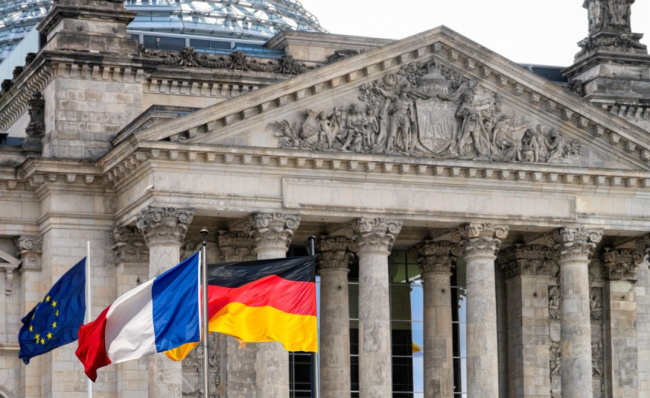
France-Germany, The Engine Under Pressure
Annual Conference of The Study Committe on Franco-German Relations (Cerfa) ─ Faced with a profoundly disrupted strategic and economic environment, Franco-German cooperation is more than ever the central pillar of Europe's future. The war in Ukraine, energy and technological dependence, and uncertainty about the strength of the transatlantic ties require urgent deepening of European sovereignty, both in terms of defence and economic and industrial competitiveness.
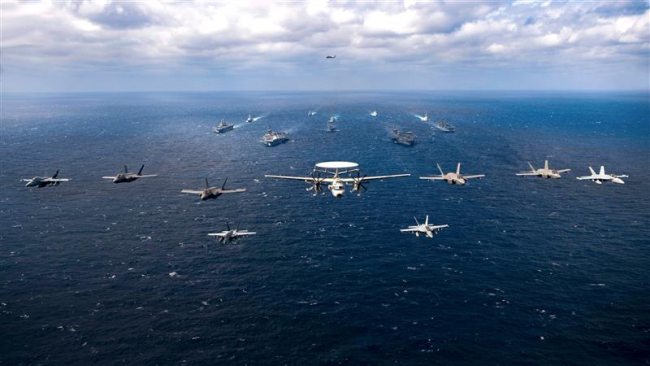
Navigating the Taiwan Strait Tensions: Perspectives from Japan, the Philippines, and France
As tensions continue to rise in the Taiwan Strait and discussions grow about hybrid frictions potentially escalating into a kinetic conflict in the coming years, neighboring countries are bracing for impact. Japan and the Philippines would be on the front lines if a crisis were to erupt in the Taiwan Strait.
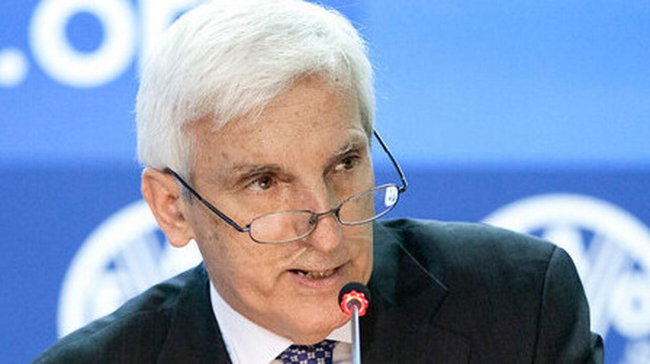
Europe’s Southern Courtyard and Southeastern Neighborhood: The Greek Perspective (...and what Europe could learn from great European art)
Greece stands at the crossroads of Europe’s southern flank, the Balkans, and the Eastern Mediterranean, a pivotal position for regional security and stability.
Event Series
Latest retrospectives

Is Fusion Coming Faster and Cheaper than Expected?
ITER was for long time the embodiment of fusion as an international, long standing R&D cooperation objective to seek a new way to produce safe, low carbon and abundant low carbon electricity. Yet over past years, fusion start ups, several governments and investors have decided to push fusion R&D and deployment to complement ITER. Major efforts are ongoing notably in the United States, China, Germany, Italy. Most attention has been drawn to the Commonwealth Fusion System, its new technology approach, billions in capital raised, and its ongoing construction of a demonstration fusion machine near Boston and the selection of their first 400MW fusion power plant site in Virginia.
This conference will discuss latest technology developments to generate more energy than consumed and stabilize the fusion process, deployment prospects and policy implications, not least amidst France's G7 presidency.

Paris Naval Conference 2026: Naval Rearmament and Operations in Contested Waters
This fourth edition of the Paris Naval Conference (CNP), bringing together high-level military, industrial, and academic speakers, will address the challenges associated with general naval rearmament and naval operations in increasingly contested environments.

Meeting with Mette Frederiksen, Prime Minister of Denmark, and Jens Frederik Nielsen, Prime Minister of Greenland
On January 28, 2026, Ifri hosted a debate with the Prime Minister of Denmark, Mette Frederiksen, and the Prime Minister of Greenland, Jens Frederik Nielsen. The debate was chaired by Thierry de Montbrial, Executive President of Ifri and a member of the Academy of Moral and Political Sciences.
Titre événement en image
Ifri in Pictures
Support independent French research
Ifri, a foundation recognized as being of public utility, relies largely on private donors – companies and individuals – to guarantee its sustainability and intellectual independence. Through their funding, donors help maintain the Institute's position among the world's leading think tanks. By benefiting from an internationally recognized network and expertise, donors refine their understanding of geopolitical risk and its consequences on global politics and the economy. In 2025, Ifri supports more than 80 French and foreign companies and organizations.








